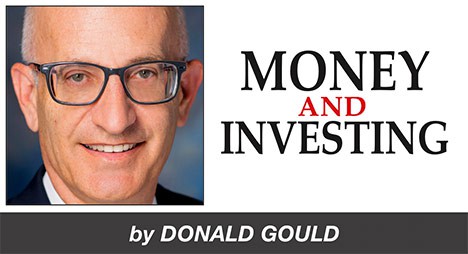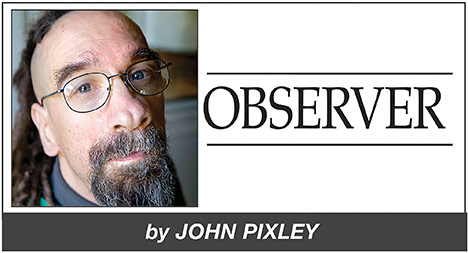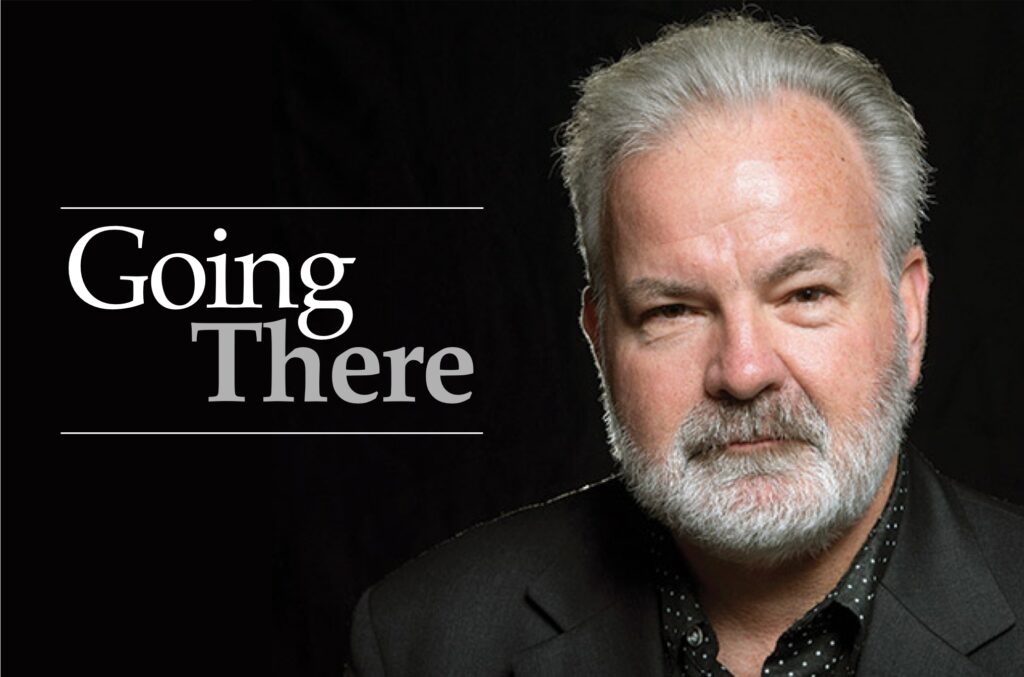Thankful for people power
by John Pixley
The story was news, but it was the same old story. Like a dog biting a man, rather than a man biting a dog, it was pretty much business as usual.
The article in the Los Angeles Times a couple days after the election earlier this month was looking at the funds raised by and for Bobby Shriver and Shiela Kuehl, the two candidates vying for a seat on the Ms. powerful Los Angeles County Board of Supervisors. Ms. Kuehl went on to win the coveted seat and on December 1 will replace the all-but-legendary Zev Yaroslovsky, who termed out after decades of service.
According to the article, Mr. Shriver, who had served as mayor of Santa Monica and is related to the Kennedys, put in a lot of his own money for his campaign and got a steady stream of support from business interests, while Ms. Kuehl, who had served in the state legislature, got much of her support in smaller donations and from labor unions. What made the difference between the two progressive Democrats and gave Ms. Kuehl a critical boost was large donations from unions near the end of the race.
Once again, money spoke. Once again, money won.
How often have we heard this story? Again, it is an old story. It’s business as usual.
We see it all the time here in Claremont. In city council and school board elections, the candidates raising the most funds win. Period. It’s like clockwork. In these races, I can almost write a post-election analysis before the election. (Don’t worry. I wouldn’t.)
It happens in a lot of other places, too. All the more so since campaign financing rules have been loosened. Just look at how Jerry Brown won with millions of dollars in his campaign chest, crushing Neel Kashkari, his Republican opponent in the governor’s race, who barely had any money. This is an extreme example, of course, bordering on the ridiculous and unfair if not the pitiful and cruel.
But it wasn’t business as usual, it wasn’t the same old story, in Claremont on Election Day a few weeks ago. Money may have spoken, but it certainly didn’t win.
Money did speak in Claremont in the months leading up to the election. It spoke loudly. Very loudly. But it didn’t stop Measure W, allowing the city to borrow up to $135 million in revenue bonds to purchase the local water system, from winning.
“Winning” is almost an understatement. Measure W was approved by 71 percent of those who voted. Seventy-one percent. Jerry Brown didn’t even win by this much. I didn’t see anyone or anything on this ballot that passed by so much.
In other words, “No on W” didn’t just lose. It was creamed. It was decimated.
This was despite all the efforts by Golden State Water Company, the current operator of our water system, to defeat the measure. As I write this, it isn’t known how much the water company spent on these efforts, but it was clearly a lot.
Yes, there was the usual barrage of advertisements and mailers. There were letters that came on prestigious letterheads, including Claremont McKenna College, and they were then reprinted as full-page ads in the COURIER. They were, of course, in addition to all the other “No on W” ads in these pages.
If anything, there was more of a barrage than usual. In addition, the letters and ads featured the same half-dozen or so people, who also wrote letters and commentaries appearing in these pages. All insisted that this was a tax (“Stop the water tax!”) even though it wasn’t, and opposers kept warning that the costs may go up by unknown amounts. All the while, it was increasingly obvious that this handful of “No on W” people were a front, with these advertisements and mailings, at least, paid for by Golden State.
What’s more, there were the automated phone calls. These were a first in Claremont elections, as I can remember. Then there were the jumbo yard signs that showed up in strategic spots a week or two before the election. And, in another first for Claremont elections and a move that looked nothing short of desperate, on the day before the election, I saw a flat-bed truck driving around Claremont with a huge “Stop the water tax” sign.
It was clear that the water company was desperate, using all sorts of deception (tax, professors) and playing on fears (unknown future costs). It was clear that Claremonters, who wanted control over water and not necessarily cheaper water, knew this and clearly saw what was going on. Golden State was trying to scare, fool and buy Claremont voters, but the overwhelming number—71percent—weren’t having any of it.
Furthermore, this blatant effort to scare, fool and buy them likely made voters angry. To top it all off, thes efforts were no doubt funded by Golden State’s customers’ money—that is, the voters’ money. So, the voters’ money was being used to scare, fool and buy off the voter. All the more reason to reject the “No on W” spiel.
As if more reason was needed.
Claremont wasn’t the only place this happened in this election. An even more dramatic example was seen in Richmond in the Bay Area, where voters didn’t vote for city council candidates backed by Chevron, the gas company with a massive presence in the city and which caused much environmental and health damage when its refinery caught on fire a couple years ago. Not only did Chevron spend millions in the campaign slamming council members who were against the company, it essentially runs the local newspaper. Also, there were several congressional races in which, in a bit of a turnaround, Republican candidates won despite being outspent by Democrats.
Too many times these days, money not only talks the loudest but wins. This is all the more reason to take heart when the people and the community win despite all the noise that money makes, and it is something to hold on to and cherish in this season of gratitude.









0 Comments